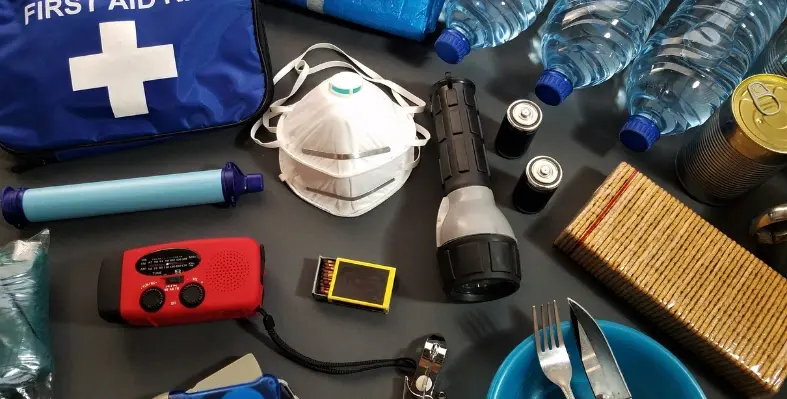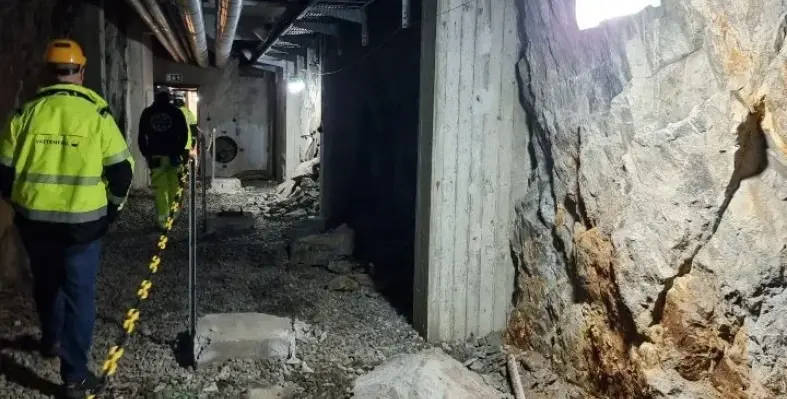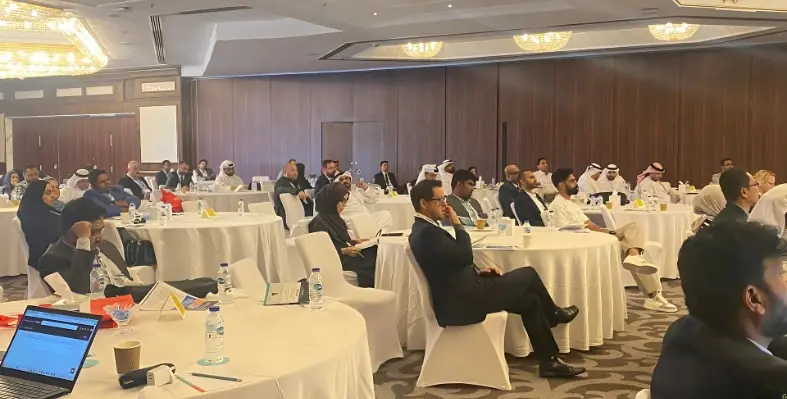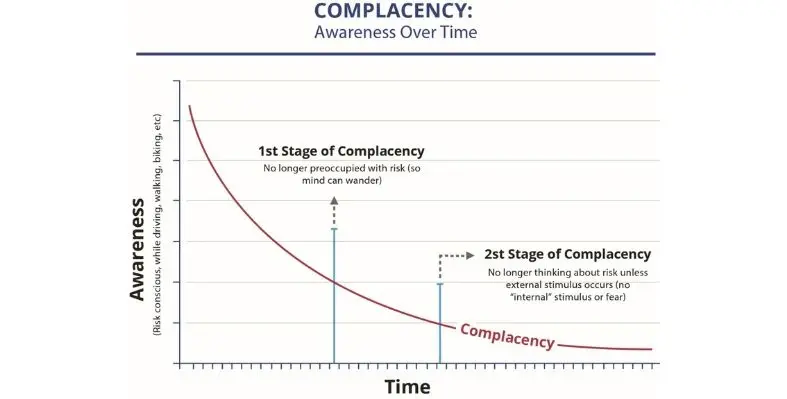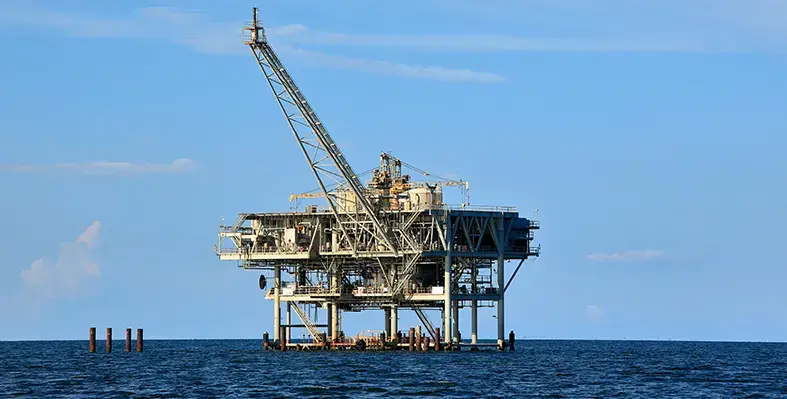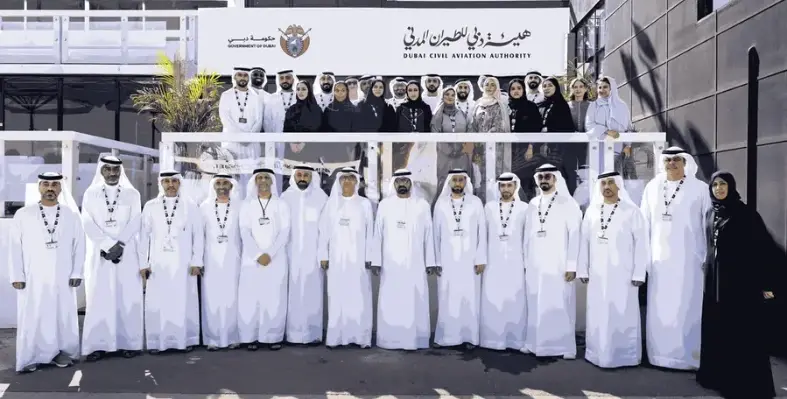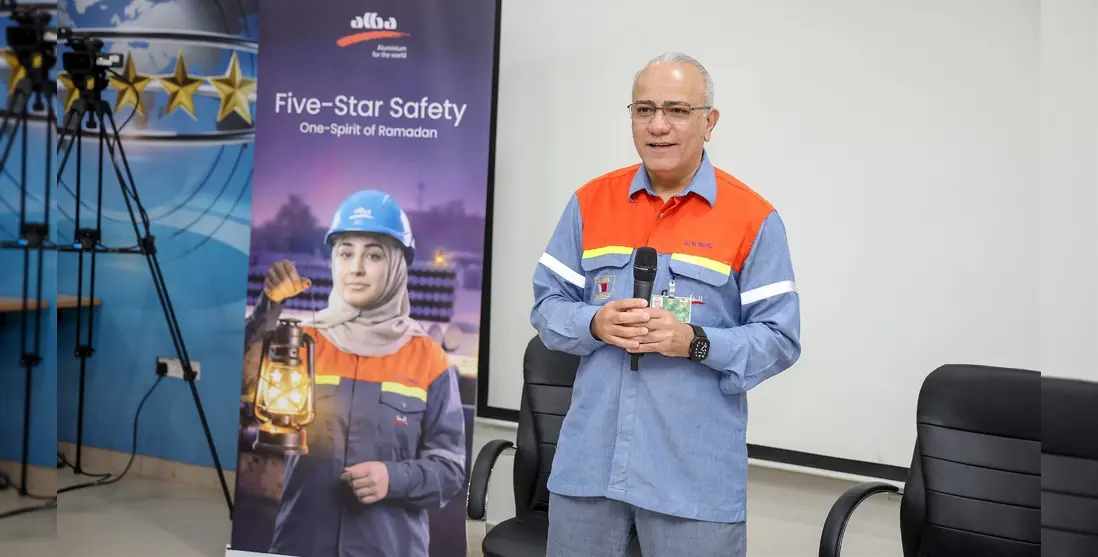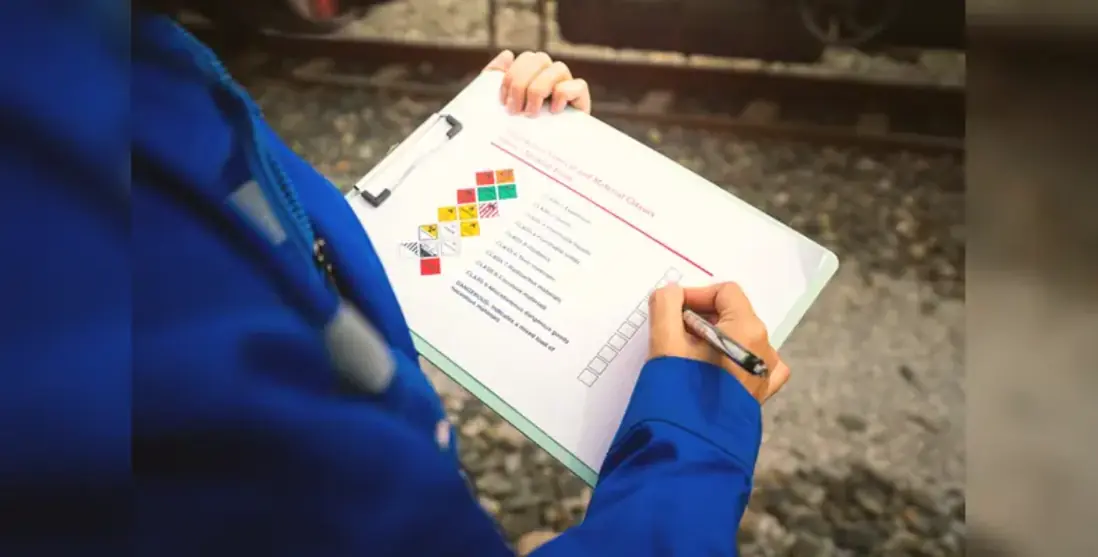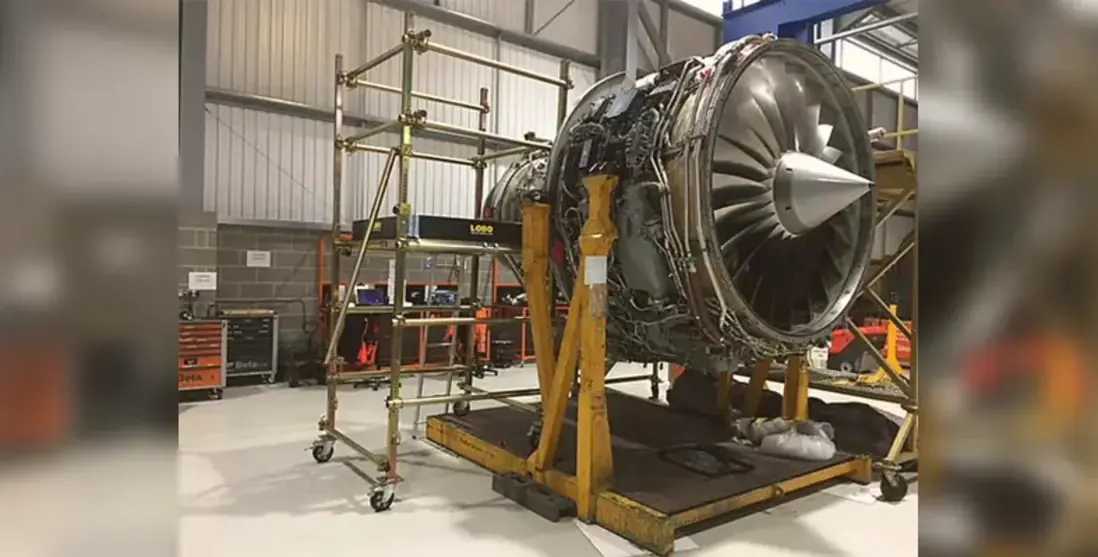His Highness Sheikh Mohamed bin Zayed Al Nahyan, President of the UAE, has issued a Federal Decree Law establishing the Federal Authority for Ambulance and Civil Defence, alongside a Federal Decree appointing His Excellency Ahmed Ali Al Sayegh, Minister of Health and Prevention, as its Chairman.
The newly formed Authority, which enjoys legal personality, financial and administrative independence, and the capacity to act in accordance with UAE law, will report directly to the Cabinet. It replaces the Civil Defence Authority and the National Guard Command in matters related to the National Ambulance Company (NA).
The Decree Law clearly defines the Authority’s responsibilities, making it the central body for all ambulance and civil defence affairs. Its remit includes proposing and developing policies, strategies, and legislation related to ambulance and civil defence, in coordination with local authorities and relevant entities, and submitting these proposals to the Cabinet for approval.
The Authority is also tasked with assessing potential incidents, risks, and disasters, and preparing management plans in coordination with the National Emergency, Crisis, and Disasters Management Authority. Risk‑prevention programmes, necessary infrastructure controls, and operational plans for mitigating hazards will be developed in collaboration with competent authorities.
Important tasks
A key function of the Authority is to safeguard buildings and facilities through fire protection systems and security controls. These regulations, developed in coordination with local authorities, relevant entities, the Central Bank of the UAE, and other bodies, will be submitted to the Cabinet for approval.
Among the Authority’s core competences is the establishment of a national alert system to inform the population of potential hazards. It will also develop and supervise evacuation plans, coordinate shelter management, and work with internal security and safety systems (including oil companies, airports, and other critical infrastructure) to organise joint emergency response plans and support mechanisms.
The Authority will further oversee training and awareness programmes, including mock drills and joint exercises, for both qualified personnel and volunteers. It is charged with monitoring radiological, chemical, and biological threats in both peacetime and wartime, providing consultancy services in ambulance and civil defence, and maintaining a comprehensive database of relevant information in coordination with other authorities.
The Decree Law clarifies that while the Federal Authority assumes these responsibilities, it does not limit the powers of local authorities to implement ambulance and civil defence measures under existing legislation.
By centralising ambulance and civil defence functions under a single federal body, the UAE aims to strengthen its national preparedness for emergencies and disasters, enhance coordination across authorities, and ensure the safety of residents and critical infrastructure nationwide.





